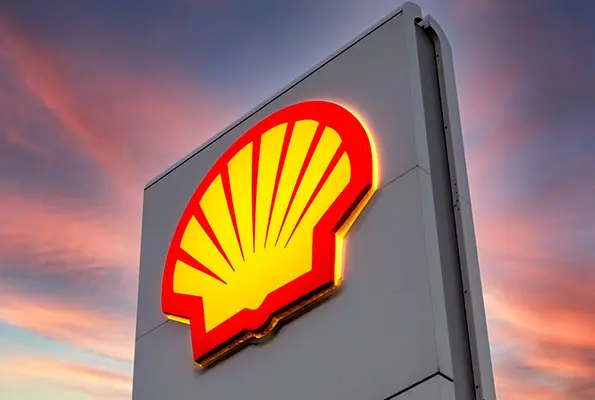British multinational oil and gas company Shell’s United States-based solar business Savion has put around a quarter of its assets up for sale, as the UK venture extends its retreat from owning renewables projects under CEO Wael Sawan.
Investment bank Jefferies is reportedly running the sale of up to 10.6 gigawatts (GW) of solar generation and storage assets currently in development, or parts of those projects, according to the document sent to potential investors and seen by Reuters.
“The total value of the assets, located in the northeast, southeast and west of the United States, was unclear. Project valuations often depend on power prices where they are located. Savion is developing 39.1 GW of solar and storage projects, and has completed sites with a capacity of more than 2.3 GW,” Reuters commented further.
Shell acquired Savion in December 2021 as part of a drive under the British multinational energy company’s former CEO Ben van Beurden, with the goal of “growing in the low-carbon energy market” and reducing the venture’s carbon footprint.
However, things have changed under Sawan’s watch, as over two years on, Savion’s sale process marks the latest step in Shell’s shift, with the CEO vowing to focus on the most profitable businesses since taking the company’s charge in January 2023.
In June 2023, Sawan said Shell wanted to focus on accessing low-carbon power which it “could sell and trade rather than owning the generation assets”, where returns are usually lower. The company is aiming to focus on higher-margin projects, steady oil output and boosting natural gas production.
“Renewables valuations have decreased but these assets will remain pivotal to the energy transition and generate attention as interest rates begin to decline,” KPMG said in a report in February 2024.
Shell’s market document stated further, “Selling the US portfolio, dubbed ‘Dasher,’ will allow Savion to focus on executing Shell’s integrated power markets strategy.”
Shell recently sold its power retail businesses in Britain and Germany, apart from exiting several floating offshore wind projects and reducing its hydrogen business.
“It is also seeking to exit some refining operations and its onshore oil business in Nigeria,” Reuters stated further.
Meanwhile, Shell and its Norway peer Equinor are still awaiting the signing of all agreements which will allow them to start developing a USD 42-billion worth LNG export project in Tanzania.
The initiative for connecting offshore natural gas discoveries offshore Tanzania with an export terminal on its coast has been nearly a decade in the making and the latest reports suggest that the project is facing a regulatory stall.
“After buying United Kingdom-based multinational oil and gas company BG Group in 2016, Shell became the operator of two offshore blocks in Tanzania, Block 1 and Block 4, together with its partners Medco Energi (Ophir Energy) and Pavilion Energy. A total of 16 trillion cubic feet (Tcf) of natural gas have been discovered in the blocks,” stated OilPrice.com.
Equinor, which started its exploration drilling activities in Block 2 offshore Tanzania in 2011, has so far made nine discoveries with estimated volumes of over 20 Tcf of gas in place.
“Regulatory hurdles have weighed on the LNG plans, but progress was made in early 2023 and the majors felt they could start monetising the huge offshore gas resources in the late 2020s or early 2030s,” OilPrice.com stated further, as its report claimed of discussions with Shell and Equinor being completed by 2023, as the process of “drafting contracts were about to begin.”
The same update was confirmed by the Energy Ministry of Tanzania as well in March 2023.
“However, since then, progress has indeed been slower than we expected,” Equinor spokesperson Ola Morten Aanestad told Bloomberg in February 2024.
“As the world’s energy system is slowly transitioning from oil and gas, we hope to advance Tanzania LNG – an attractive project in many respects – on time. We had hoped to see these agreements signed faster, but we remain ready to continue to work with the government on competitive and investable agreements, consistent with what we agreed last year,” a Shell spokesperson remarked further.
Tanzania’s Energy Minister Doto Biteko said that the “host government agreement was still under negotiation.”



